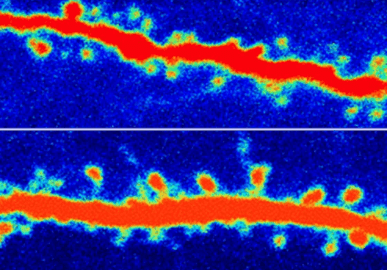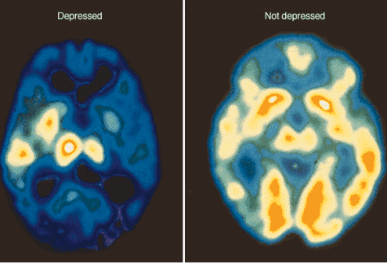Revitalist is changing the way we provide relief for treatment-resistant conditions.
- 7608 LaGrange Road, PeWee Valley, KY, 40056
- 502-373-8411
Ketamine is a well-researched, dissociative anesthetic that was approved by the FDA in 1970. Since then, ketamine has been used extensively for pediatric and adult treatment in surgery, emergency departments, ambulances, trauma medicine, and war zones. It is a commonly used medication in veterinary medicine. The World Health Organization lists ketamine as one of the most essential medications due to its therapeutic effects and wide margin of safety.
Over the last decade, Yale University and the National Institutes of Health identified additional benefits of ketamine in the treatment of mood disorders and chronic pain. The use of ketamine for depression has been named “the biggest discovery in mental health in decades.”
Mood disorders such as depression, anxiety and post-traumatic stress disorder (PTSD) are rampant in today’s world. They affect people from all walks of life, no matter their background or age. According to the World Health Organization, 300 million people around the world have depression, including 16.2 million adults in the United States. Nearly 50% of all people diagnosed with depression are also diagnosed with an anxiety disorder. The reality is we are either watching our loved ones suffer or are experiencing the debilitating effects ourselves.
There are many treatments for mood disorders including psychotherapy, pharmacological agents and helpful techniques such as EDMR, electroconvulsive therapy (ECT) and transcranial magnetic stimulation (TMS). However, many people find that one or more of these options are not providing lasting relief. In fact, a study in 2008 has found that most antidepressant drugs work no better than that of a placebo.
Thankfully, in the year 2000, Yale University research studies started showing positive results for treatment using low-dose ketamine infusions. Ketamine is an FDA-approved medication for anesthesia that is used every day in hospitals and emergency rooms around the world. In fact, the World Health Organization (WHO) has placed ketamine on its list of Essential Medicines and is arguably one of the most widely used medicines in the world for sedation and pain relief.
Since the year 2000, low-dose ketamine infusion therapy has been providing more scientific research and relief for those suffering from symptoms of depression, anxiety, PTSD, and pain syndromes. How does this physiologically happen? There are still many studies being conducted that are attempting to understand this further. We currently believe that ketamine plays a role in the NMDA receptor blocking pattern, increasing a level of glutamate between neuronal synpases. This, in turn, creates an environment where more optimal and healthy pathways are formed and strengthened that were not able to before as a direct result of the chronic psychological or pain condition. Neurogenesis results. Ketamine infusion therapy allows for a reset of your brain and neuronal connections, effectively lifting you or your loved one out of the chronic state of despair. Some people who have lived their entire lives in a state of depression, anxiousness, fear, or pain are finding relief and are truly living life again in a profound and meaningful way.
If you or your loved one are suffering and conventional treatments have not worked, low-dose ketamine infusion therapy may provide the relief you are seeking, and Revitalist costs are generally less than other clinics. Contact us today to learn more.

A picture of a neuron. The neuron below shows new dendritic formations, or new neural growth, within just 2 hours of receiving ketamine.

A CT scan of a human brain. After ketamine treatments, the depressed brain is almost identical to the non depressed picture as new neural activity has awakened the depressed areas.
The truth is that we’re still learning about ketamine all the time. Leading institutions – like Yale, who produced the informational video seen above – continue to research its efficacy for mood disorders, mental health conditions, chronic pain symptoms, and more.
Here’s what we know for sure: the brain is an ever-changing, evolving organism of its own. During periods of depression, high stress, or anxiety, the tendency of the brain to change – its plasticity – decreases.
Where we once thought ketamine to be only an anesthetic, we’re now finding that it can increase the brain’s natural ability to adapt and change. By boosting neural plasticity, ketamine is thought to help the brain’s ability to form new connections between neurons and ultimately underlies learning and memory in the brain.
Combined with the right treatment options and therapy sessions carried out by medical experts, you may be able to work through the trauma or pain you have experienced thanks to ketamine’s unique neuroplastic properties.
Please feel welcome to contact our friendly reception staff with any general questions you may have or to schedule your appointment.
502-771-8531